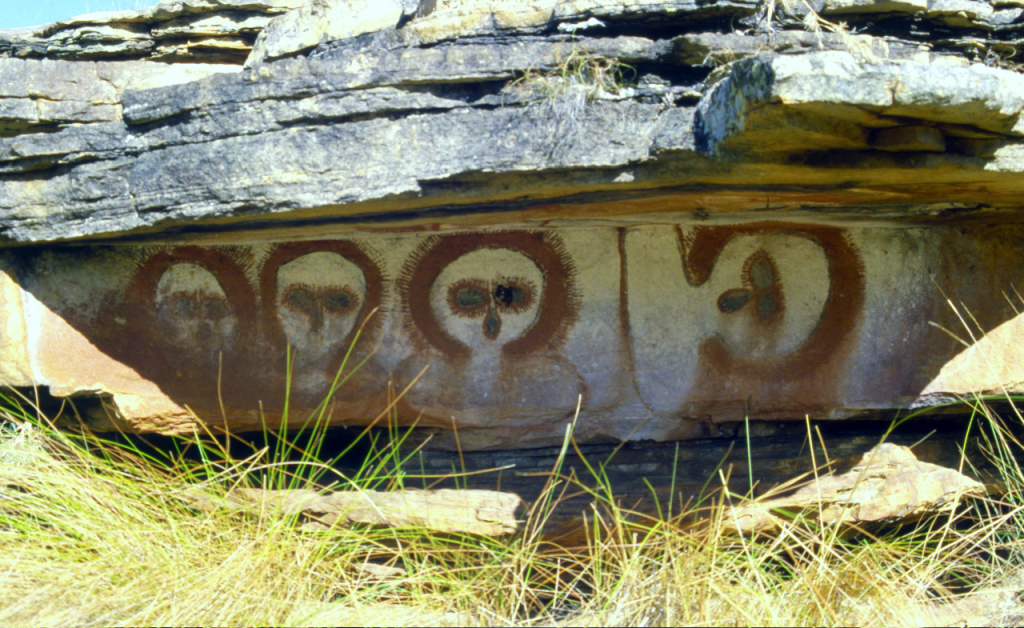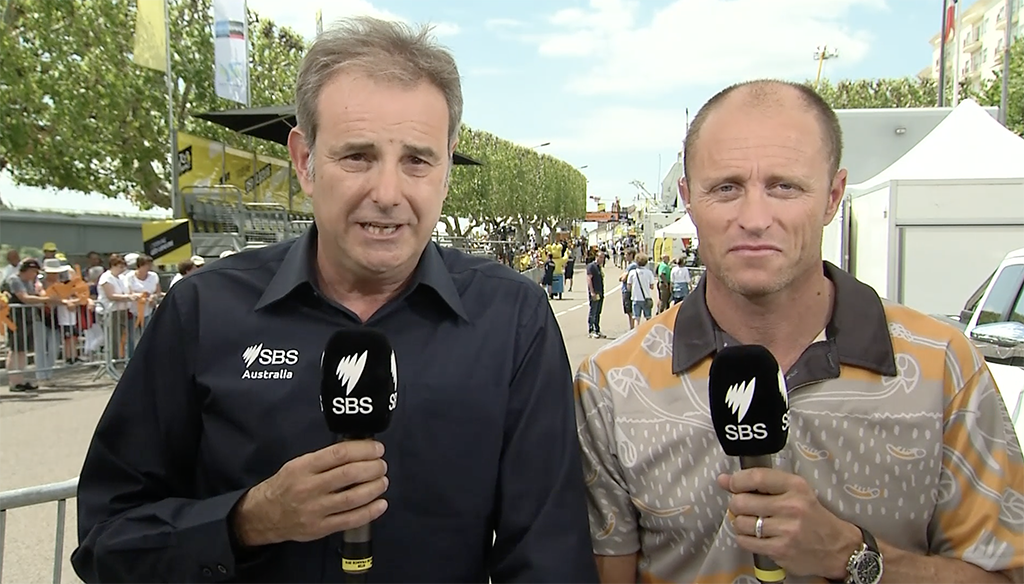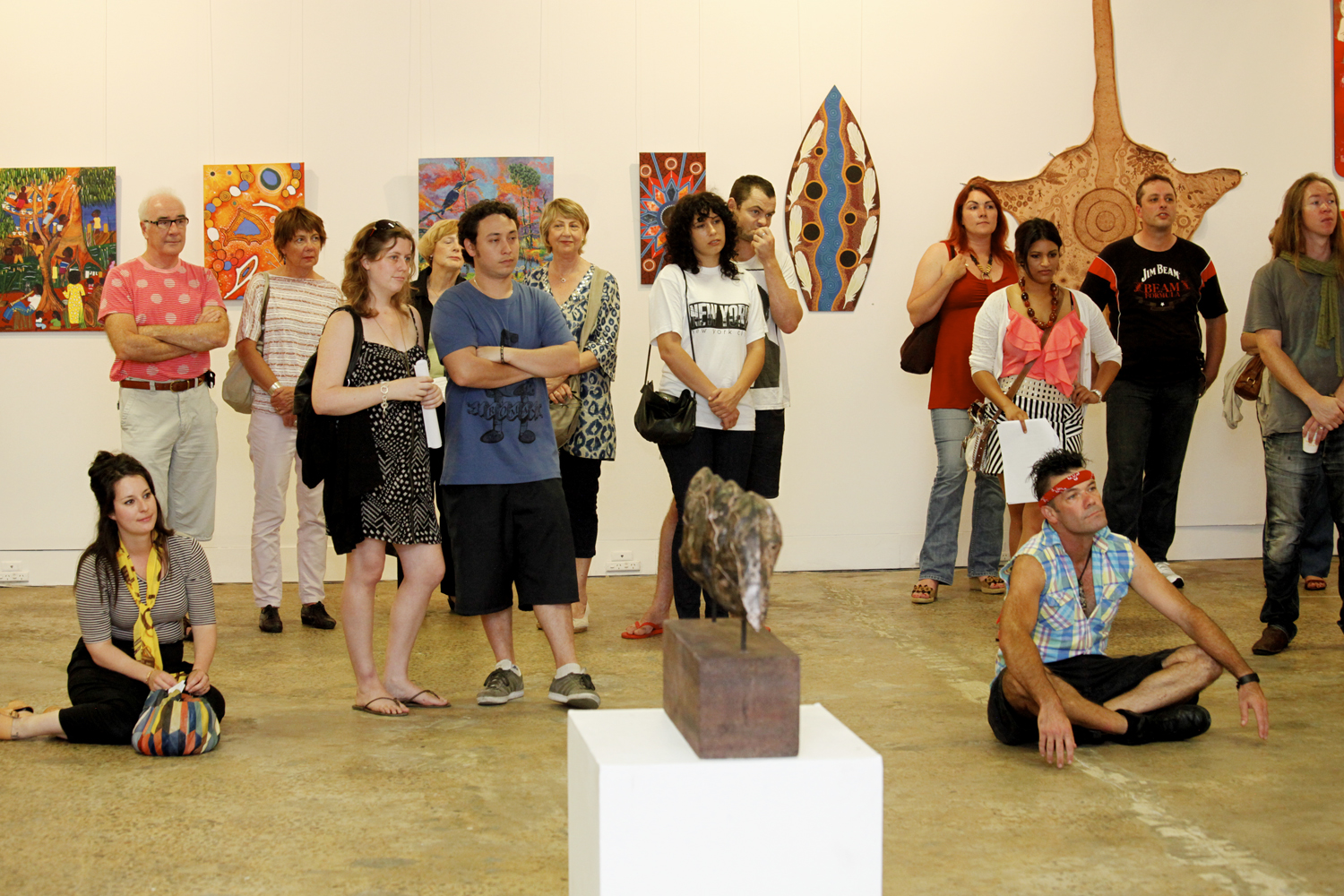Arts Law advocating for better protection of Aboriginal cultural heritage

Indigenous Cultural Heritage Laws: update on Juukan Gorge Inquiry and Arts Law’s Response to the Western Australia Bill
As part of the law and policy reform work Arts Law does to advocate for better legal conditions for artists, we have been lobbying Government to better protect Indigenous cultural heritage. This area of law can be complex, owing to the fact there is different legislation in each state and territory of Australia, as well as federal legislation.
In June 2020 the Australian Senate referred the inquiry of ‘The destruction of 46,000 year old caves at the Juukan Gorge in the Pilbara region of Western Australia’ to the Joint Standing Committee on Northern Australia Earlier this month the Final Report was released by the Committee in response to the destruction of the 46,000-year-old caves in the Pilbara region of Western Australia. The destruction of this culturally significant site occurred despite warnings from the traditional owners, the Puutu Kunti Kurrama and Pinikura (PKKP) people.
The Final Report is available on the Australian Parliament website here. Arts Law made submissions to this inquiry and it is good to see that several issues/recommendations we raised have made it through to this Final Report. However, there is still a lot more that needs to be done and Arts Law will continue to lobby for changes to the law that adequately protect the heritage of the world’s oldest living culture.
Update on Western Australia’s Aboriginal Cultural Heritage Bill 2020
Arts Law has recently written to the Minister for Aboriginal Affairs on the draft of the Aboriginal Cultural Heritage Bill 2020 (WA) to support submissions made by the Kimberly Land Council (KLC) and Aboriginal Heritage Action Alliance (AHAA). If passed, the Draft Bill will replace the Aboriginal Heritage Act 1972 (WA).
This Draft Bill was a response from the Western Australian Government to the destruction of the sacred site at Juukan Gorge by Rio Tinto in May 2020 that exposed the failings of existing heritage laws to adequately protect Indigenous cultural heritage. Arts Law’s submissions raise the issue that Indigenous Cultural and Intellectual Property (ICIP) needs more adequate protections and that the Draft Bill falls short in responding to these issues.
Arts Law’s Key Concerns with the WA Draft Bill
Arts Law endorses three key submissions made by AHAA and KLC. First, the Draft Bill does not clearly define “cultural heritage”. Arts Law supports AHAA’s submission that the Draft Bill fails to explain how the terms will protect the various forms of Aboriginal cultural heritage. Arts Law has also raised the issue that the definition of “intangible Aboriginal Cultural Heritage” should extend protection to ICIP.
Second, Arts Law endorses KLC’s submission that the Draft Bill fails to identify Aboriginal people as the primary decision makers regarding their cultural heritage. Arts Law has raised the issue that the amendments enable the Minister to proceed with approvals even if this is contrary to the decision of Aboriginal parties. This undermines the bargaining power of Aboriginal parties in the negotiation process. There is a need for “free, prior and informed consent” of Aboriginal parties in decision-making processes. Furthermore, as submitted by AHAA, the Draft Bill gives the Minister an inappropriate amount of power to make decisions regarding Aboriginal cultural heritage.
The third submission raises the concern that culturally inappropriate disclosures are mandated under the Draft Bill. The ACH Council is required to be informed of secret or sacred objects within a person’s possession. Arts Law supports KLC’s submission that such a requirement is culturally inappropriate and is not justified on the grounds of cultural heritage protection. Arts Law also endorses the submission made by AHAA any information directory should be managed by Traditional Owners. Arts Law also objects to the registration of intangible Aboriginal Cultural Heritage for similar reasons.
The Draft Bill is currently in the final phase of the consultation process and feedback by various stakeholders is being reviewed. We understand that the Western Australian Department of Premier and Cabinet has held consultation sessions with stakeholders in Western Australia in relation to the Draft Bill, and that at these consultation sessions, it was noted that there are some proposed amendments to the Draft Bill in respect of the issues listed above in the Aboriginal Cultural Heritage Bill 2021. However, no draft of the amended bill has yet been released.
We encourage stakeholders and supporters to write directly to the Western Australia Minister for Aboriginal Affairs to provide feedback on the Draft Bill:
Stephen Dawson MLC
Minister for Aboriginal Affairs
12th Floor, Dumas House
2 Havelock Street
WEST PERTH WA 6005
Email: [email protected]




